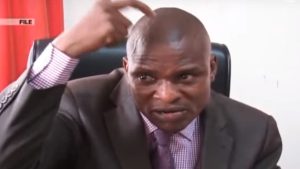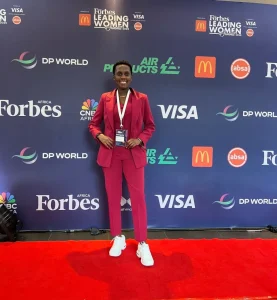
In a surprising move, the Ugandan government has earmarked a substantial Shs 13 billion for the musicians’ SACCO, a decision that has triggered a passionate debate among artists and the general public. The funds, sourced by Eddy Kenzo, have ignited discussions on the optimal use of this financial injection into the artistic community.
Bobi Wine, a prominent voice against the allocation, advocates redirecting the funds towards building hospitals and enhancing essential services. He emphasizes, “This money can build more Kiruddu hospitals,” highlighting the pressing need for improved healthcare infrastructure.
Gravity Omutujju, in stark contrast, contends that artists like him deserve to enjoy the fruits of their labor. He suggests that Bobi Wine, being a wealthy man himself, should concentrate on constructing hospitals in his community before dispensing advice.
Gravity asserts, “This money should allow us to live lavishly, buy new cars, and indulge in the pleasures of life. More hospitals may just encourage more illnesses.” Taking a jab at Bobi Wine’s wealth, Gravity insists, “Bobi Wine is a very rich man. He should build other ‘Kiruddus’ in Magere and Gomba – his village, before giving advice on how we should utilize our money.”
As the debate unfolds, it becomes evident that the government’s allocation to artists has transcended its initial scope, evolving into a broader conversation about resource allocation and the societal role of artists. The controversy raises questions about the responsibility of artists to contribute to societal development and whether financial support should prioritize sectors like healthcare over the entertainment industry.
Click here to watch video
In this dynamic discourse, the clash of opinions underscores the complex interplay between art, finance, and social welfare, pushing the boundaries of the conventional expectations placed on the shoulders of artists. The Ugandan government’s decision has not only fueled a debate within the artistic community but has also become a catalyst for a more extensive dialogue on the allocation of resources for the greater good.








